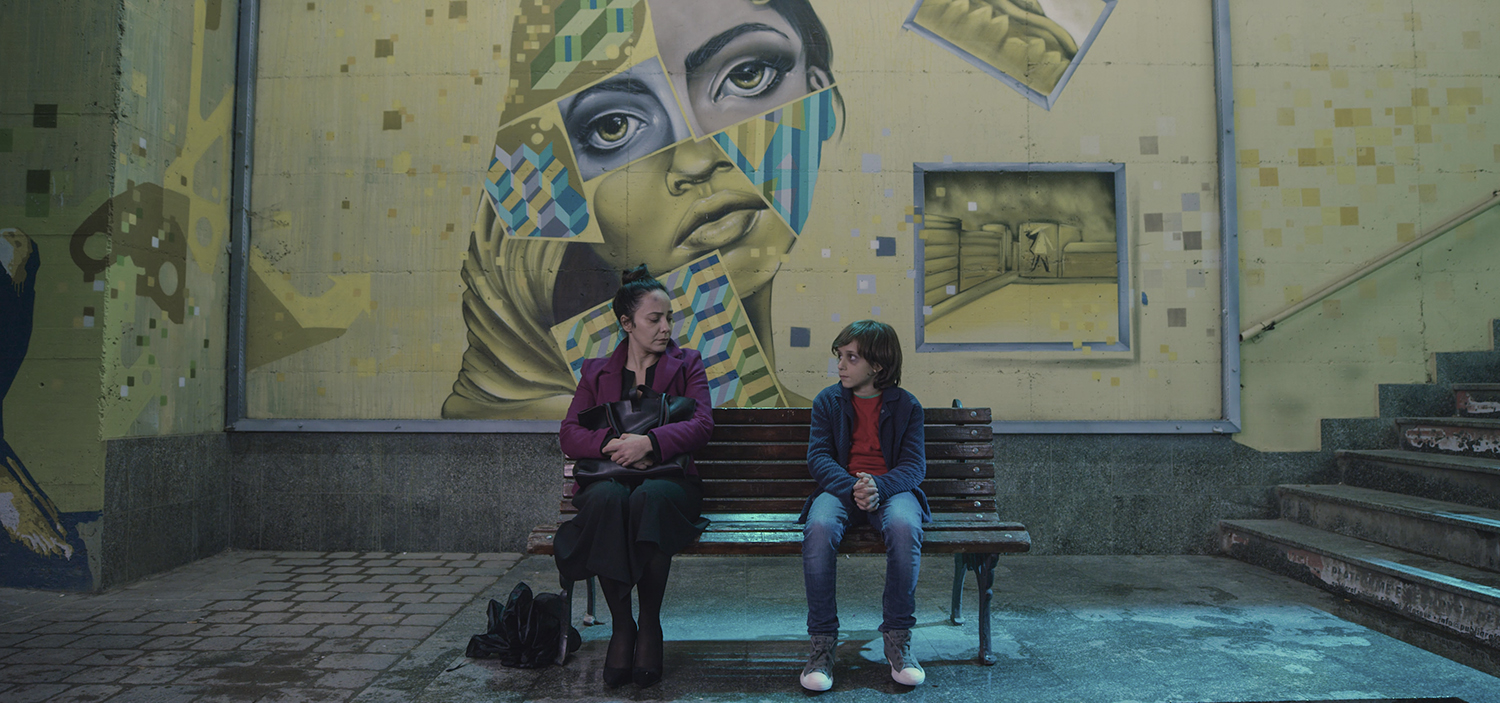
Human trafficking on the big screen
Besim Ugzmajli’s latest film ‘Rruga’ premiered last week in Prizren.

Drenusha Morina
Drenusha Morina studies journalism at the University of Prishtina and is a mentee in K2.0’s Professional Shadowing Mentorship Program (2019). She applied for the program to benefit from working closely with professional K2.0 journalists.
This story was originally written in Albanian.